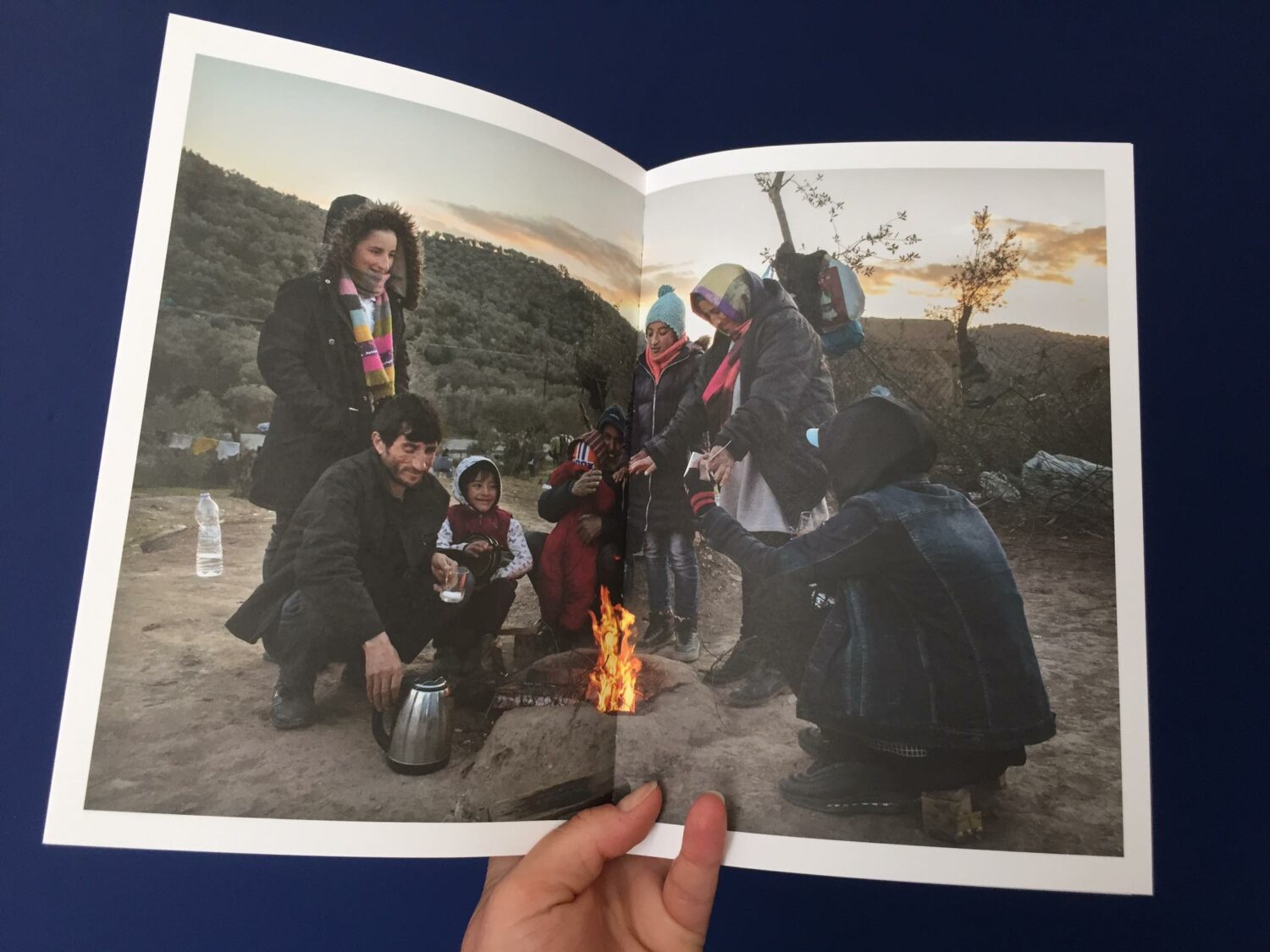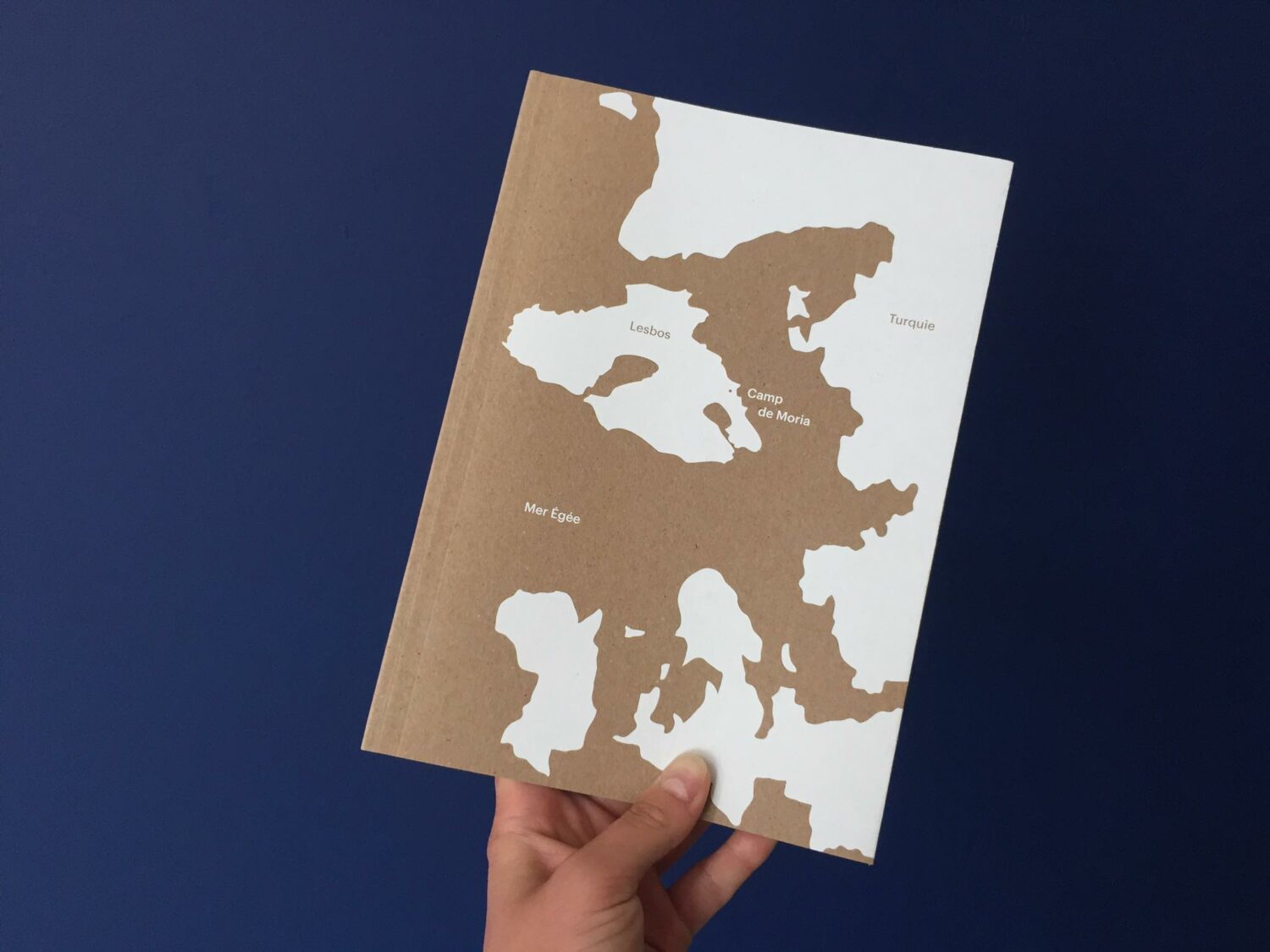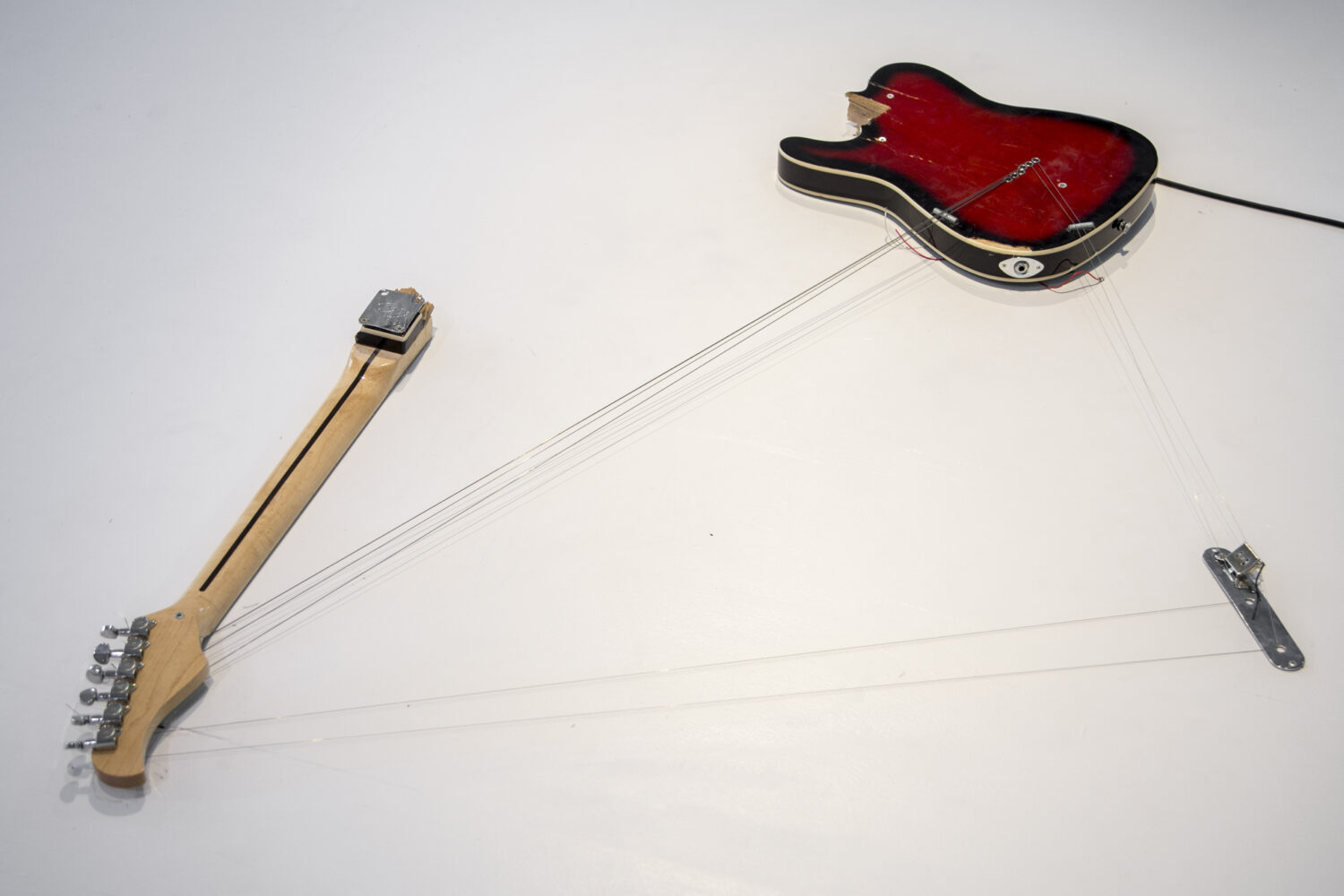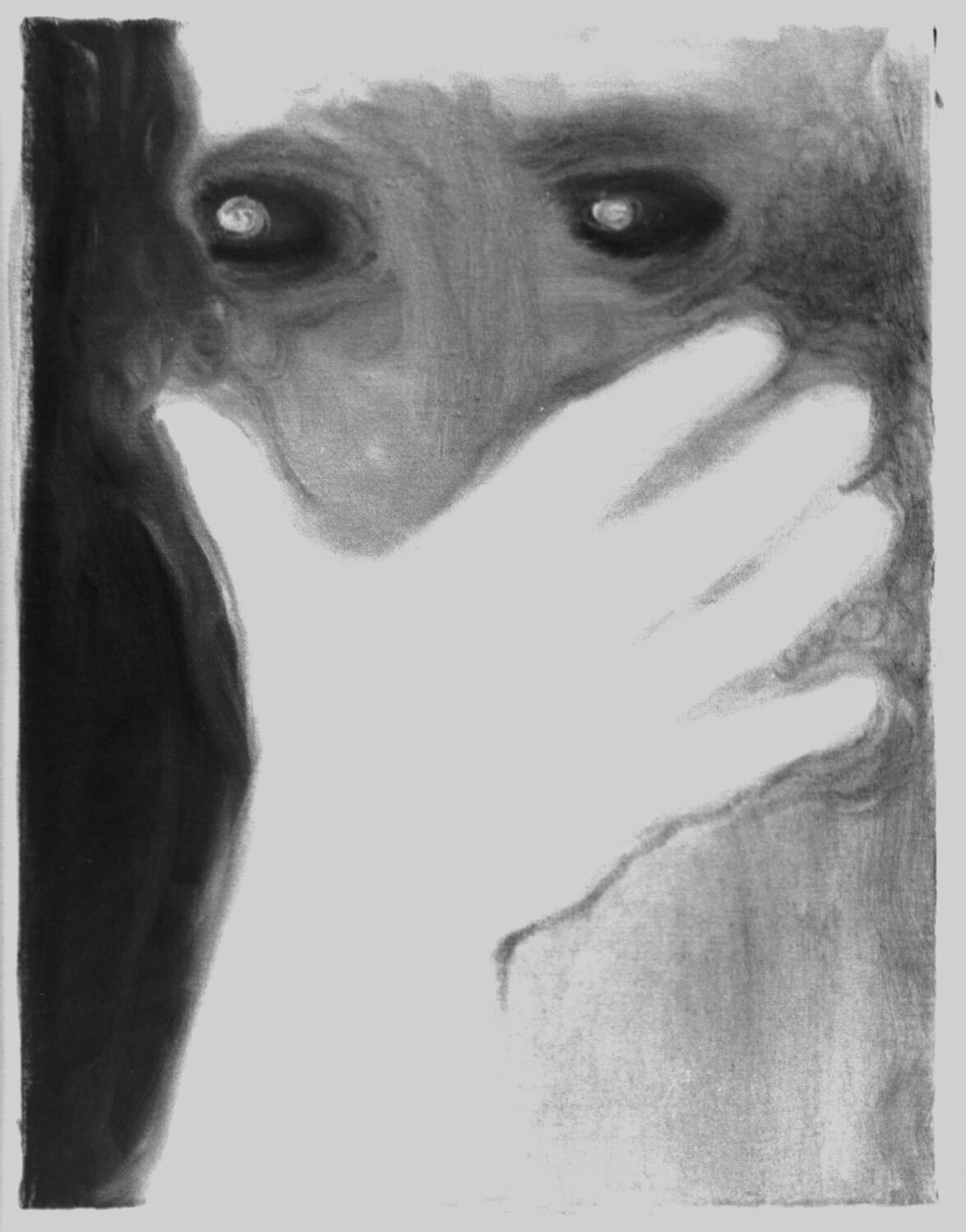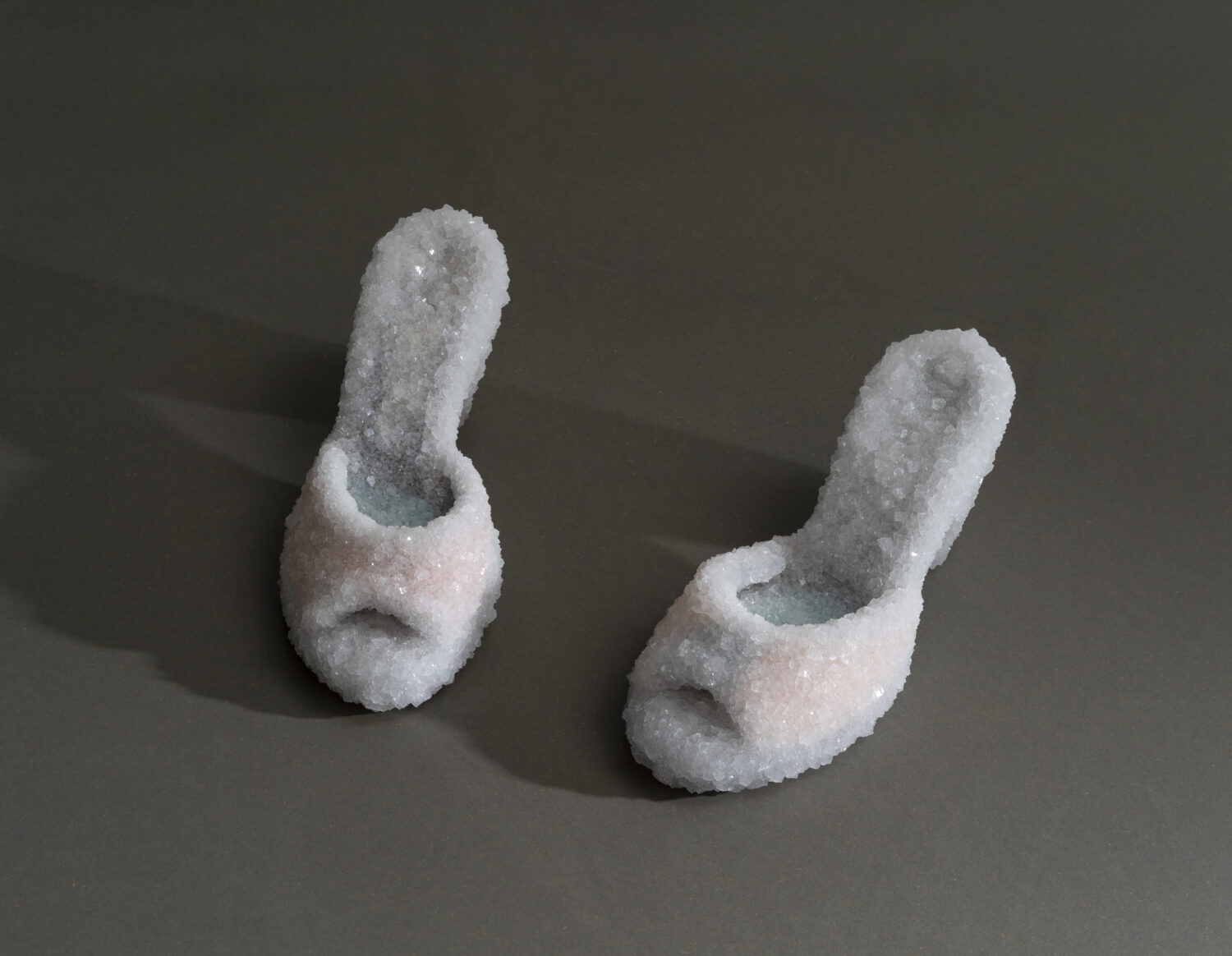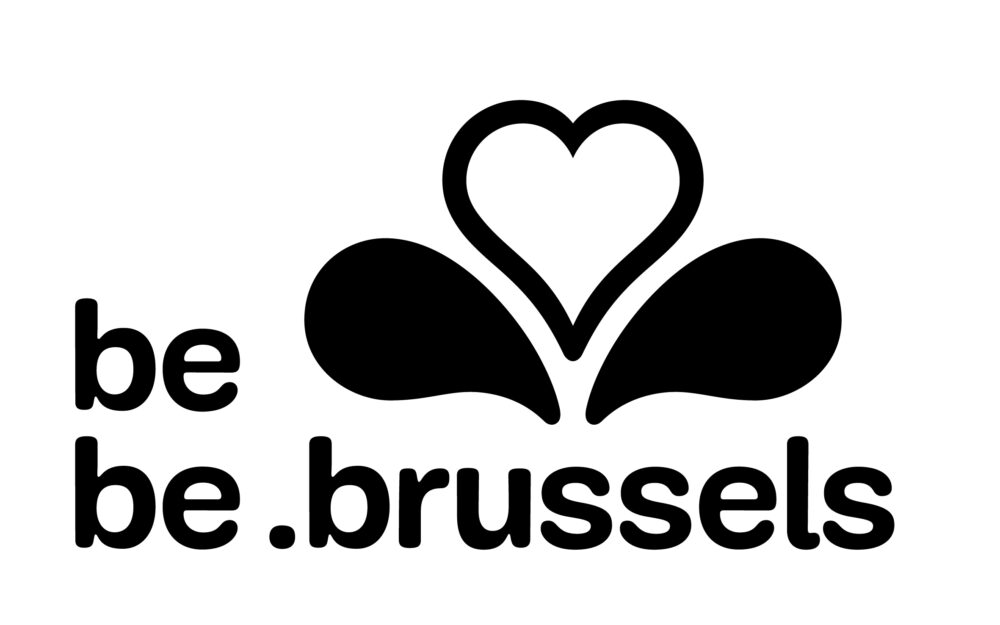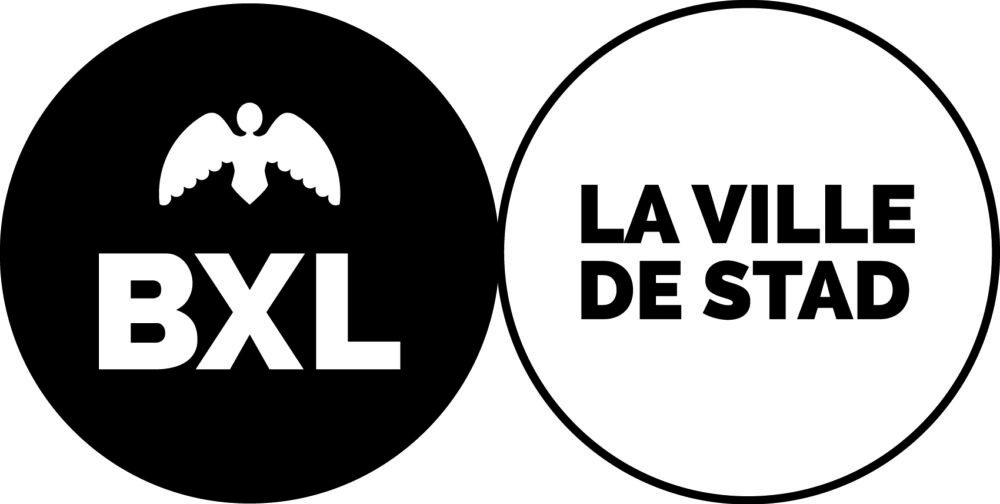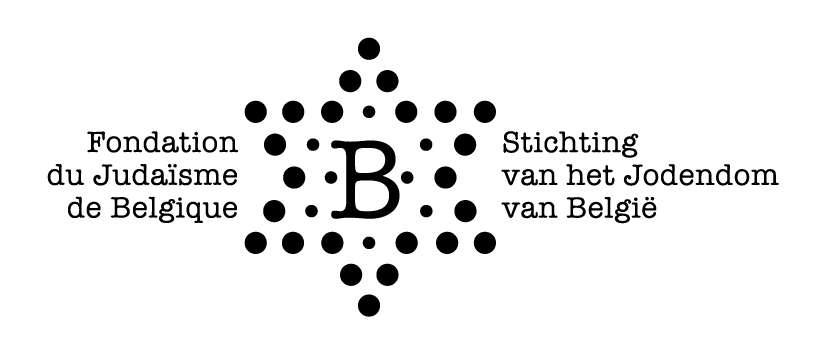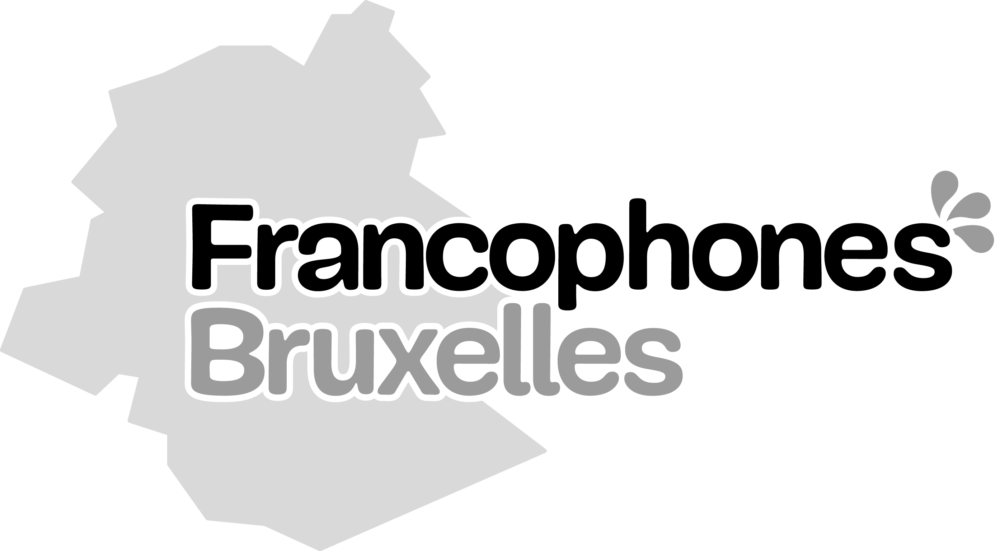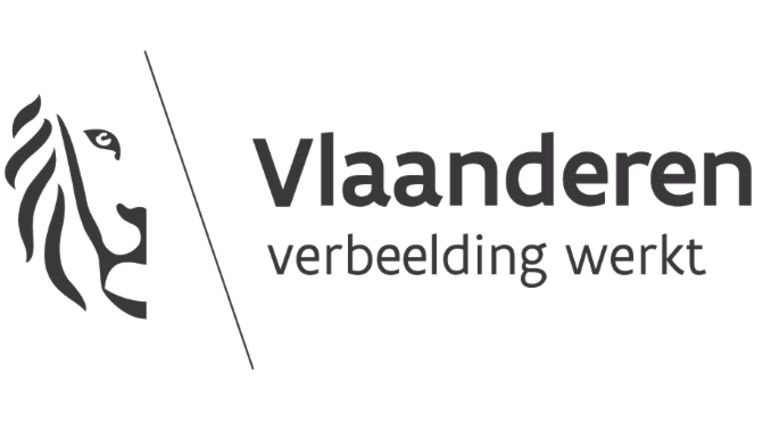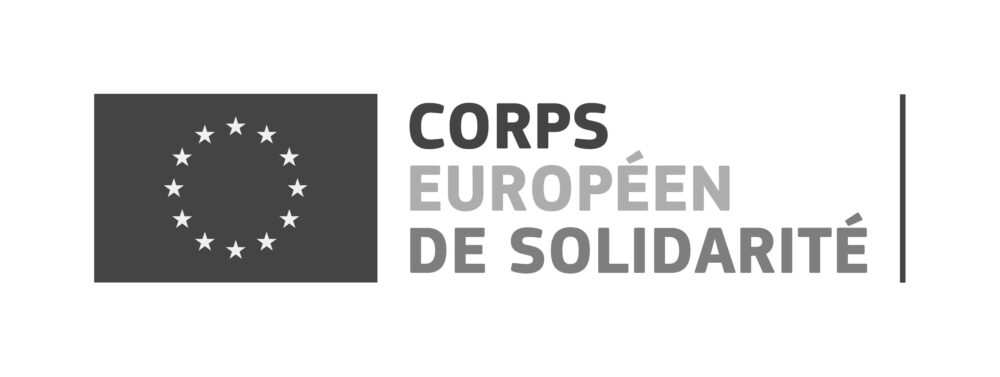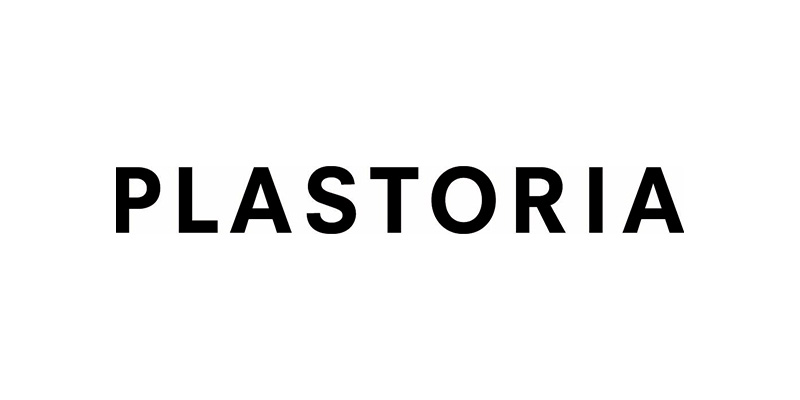The exhibition
Combining photographs, videos and manuscripts, the exhibition places at its heart a space-time as precise as it is emblematic: the island of Lesbos in the year 2020. Situated in the Aegean Sea, a few kilometers off the Turkish coast, this island experienced a succession of crises in 2020, making it a nodal point in our history and consciousness. It is in this context that the Jewish Museum of Belgium has conceived this exhibition, an original creation that explores themes that reflect the long history of Jewish communities: exile, violence and solidarity.
Shown here for the first time, Mathieu Pernot’s work on Lesbos in 2020 is part of a long-term project. For over ten years, the photographer has been tackling the issue of migration and the presence of asylum seekers on the European continent. While the first images reflected the invisibility of these individuals, hidden under sheets in the streets of Paris or chased out of the forest of Calais, the series produced subsequently explore new forms of shared narratives. By collecting texts written in school notebooks or receiving images recorded on their cell phones, the author also acts as a conduit for “other people’s lives”, showing how this life, even before being that of others, is a shared History that must be told together.
Winner of the Prix Cartier-Bresson 2019, Pernot follows the approach of documentary photography, ultimately subverting its protocols. Questioning his own practice, exploring alternative formulas, his work builds what is so often missing: narratives with several voices.
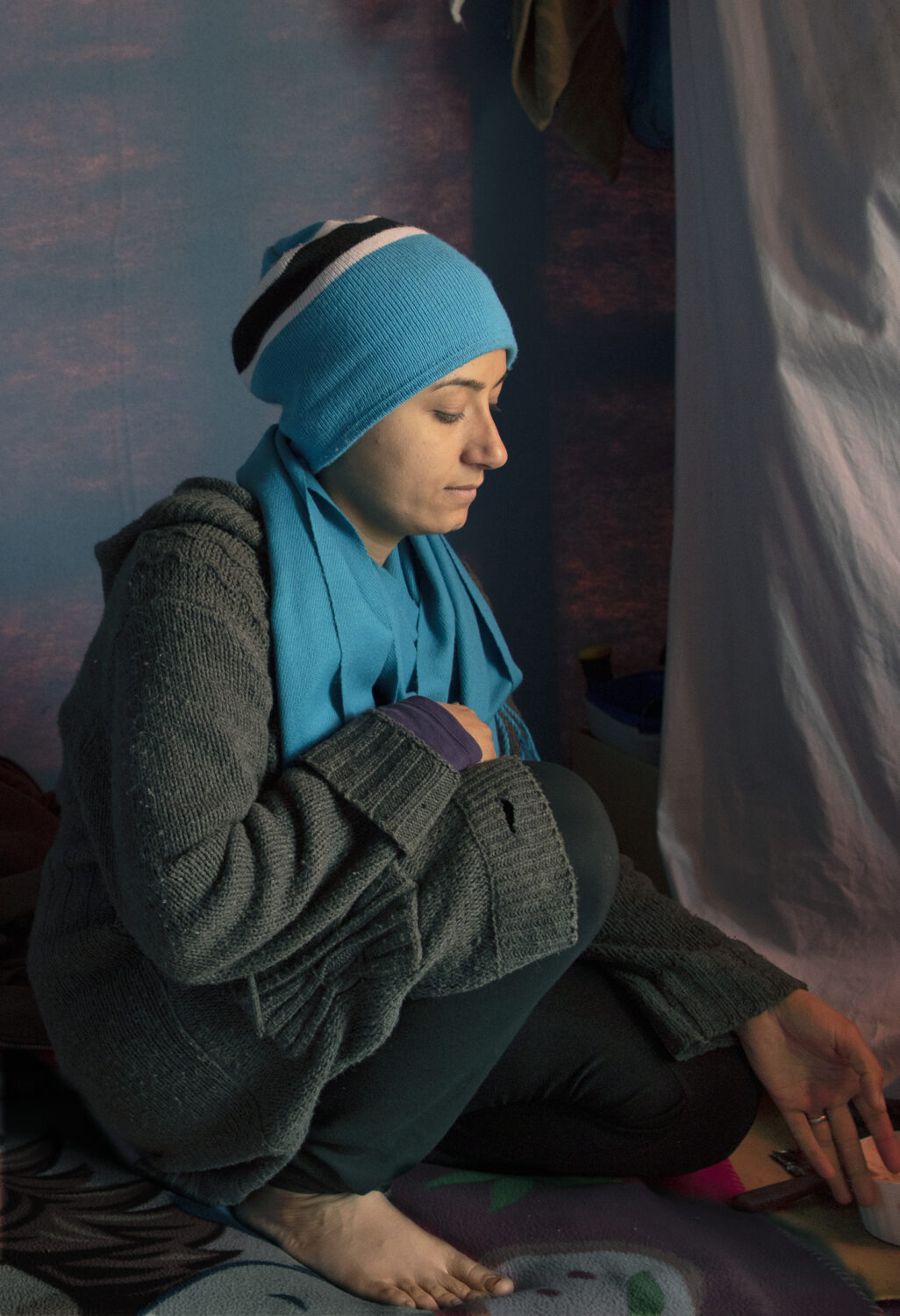
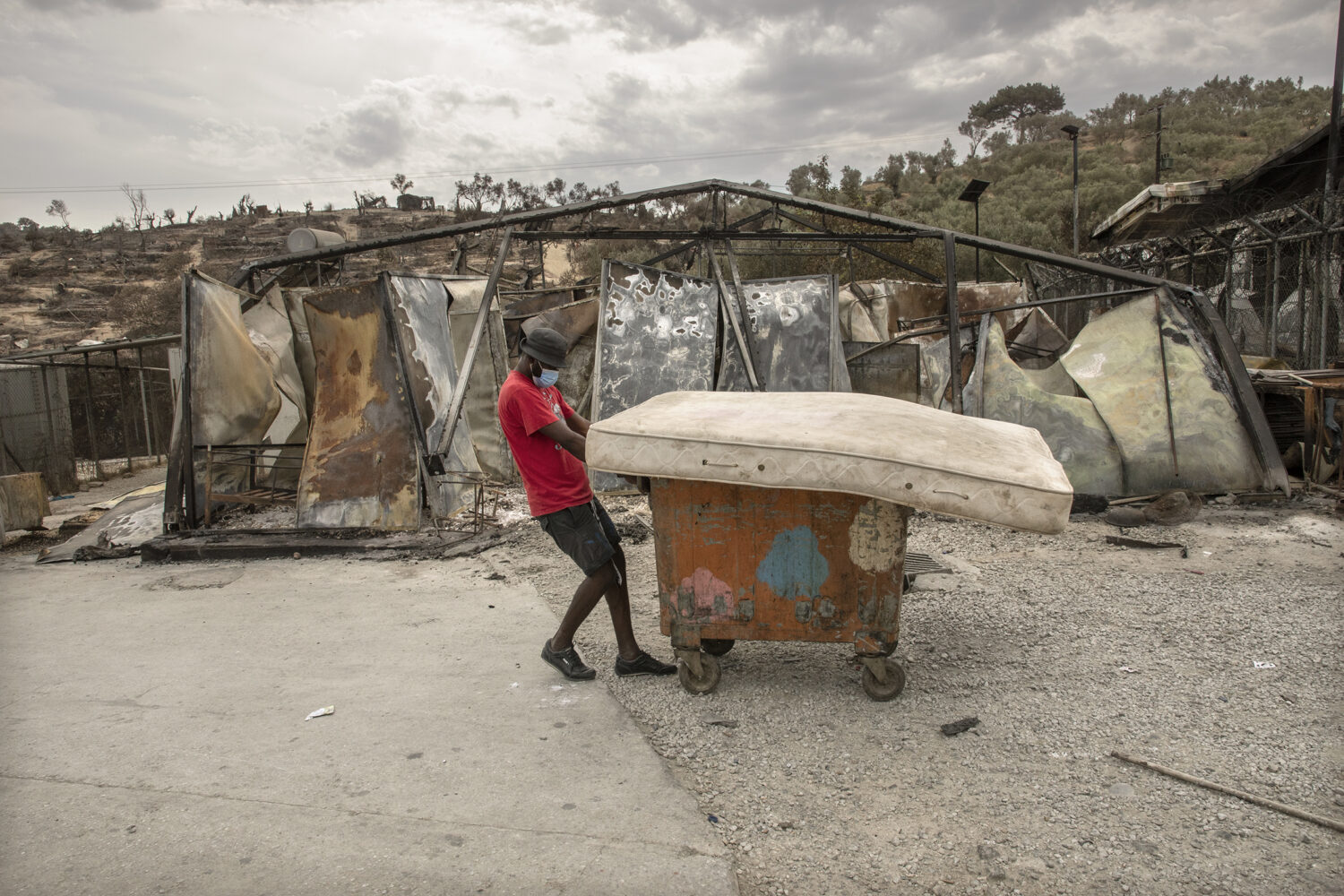
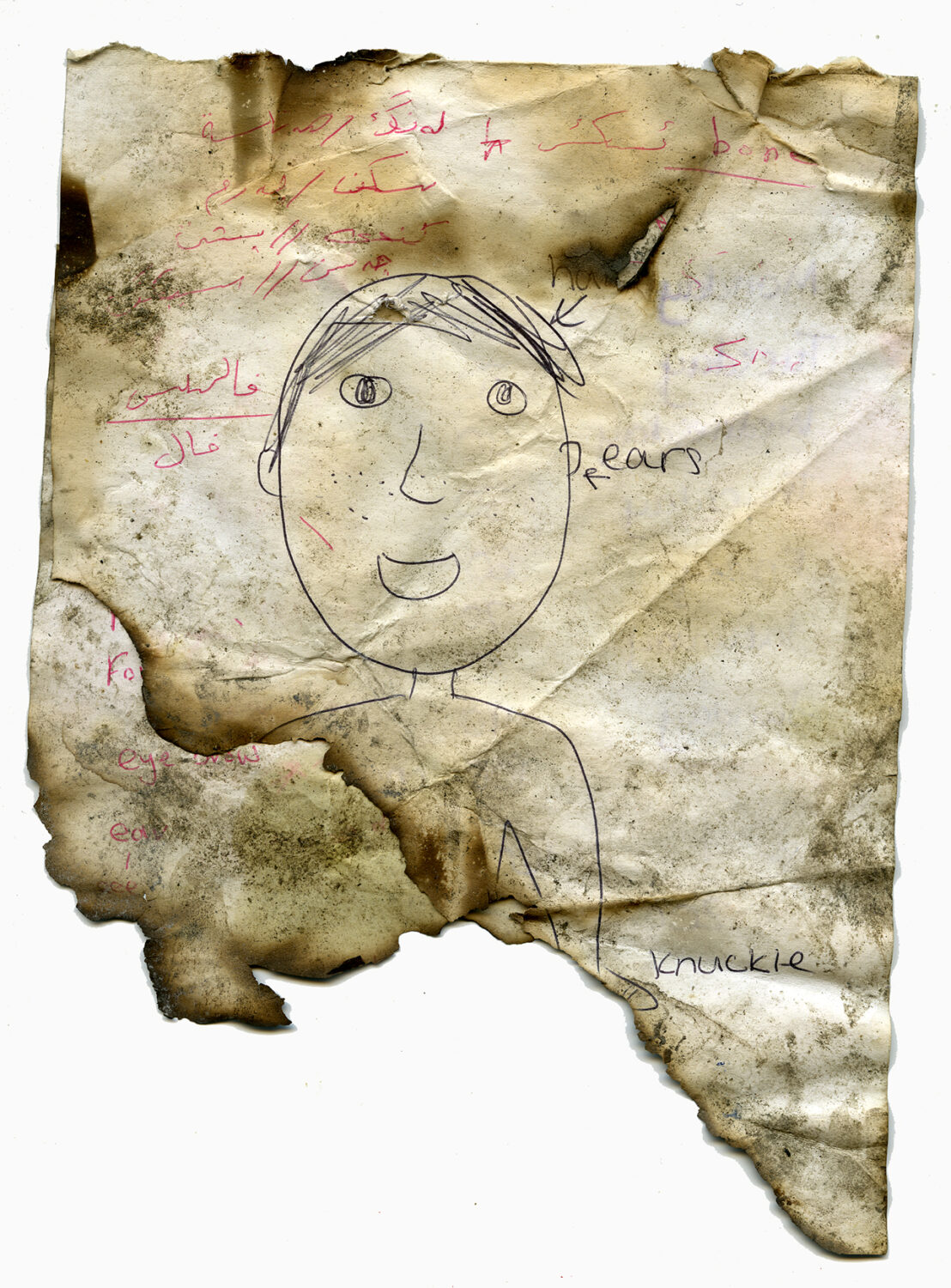
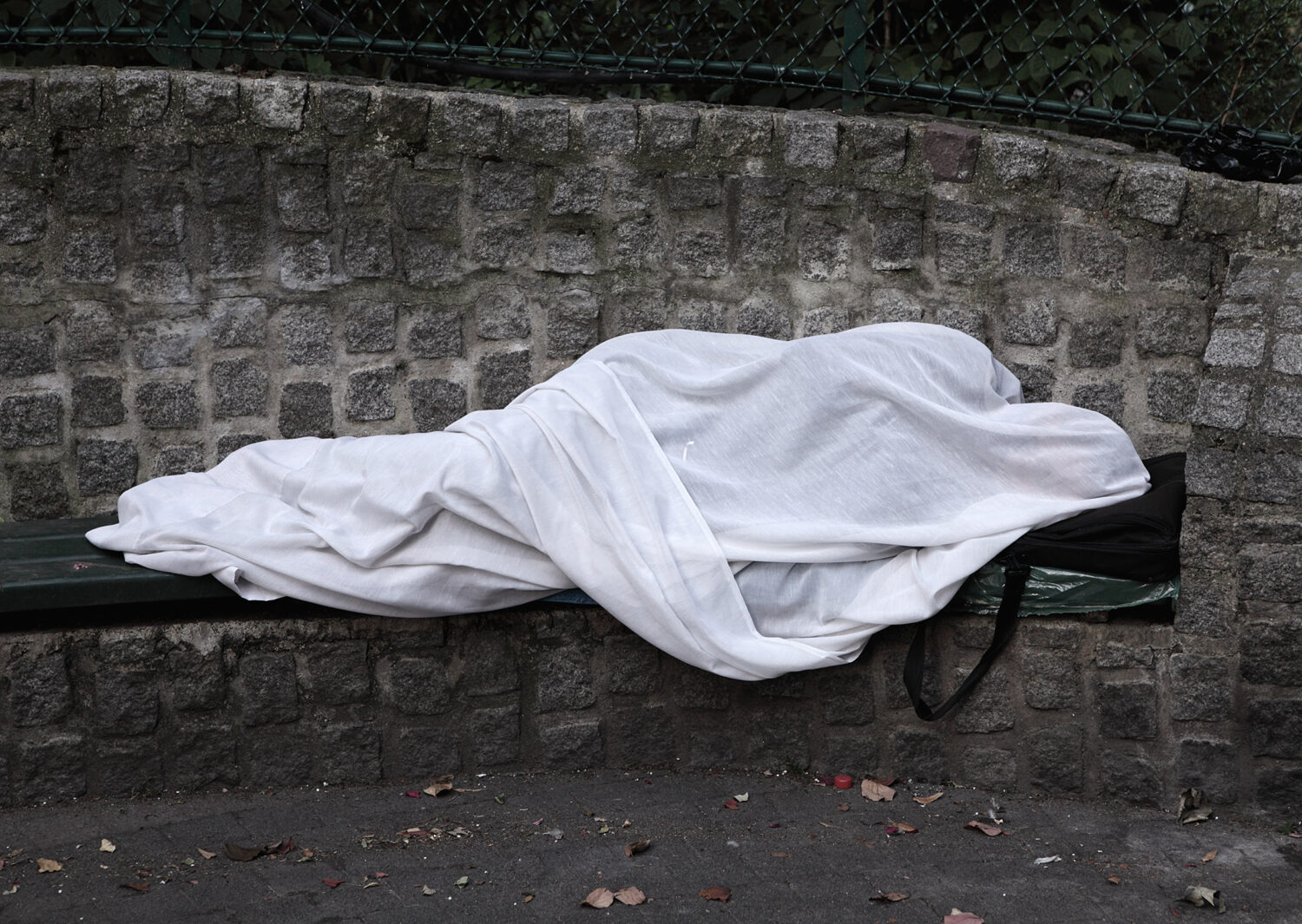
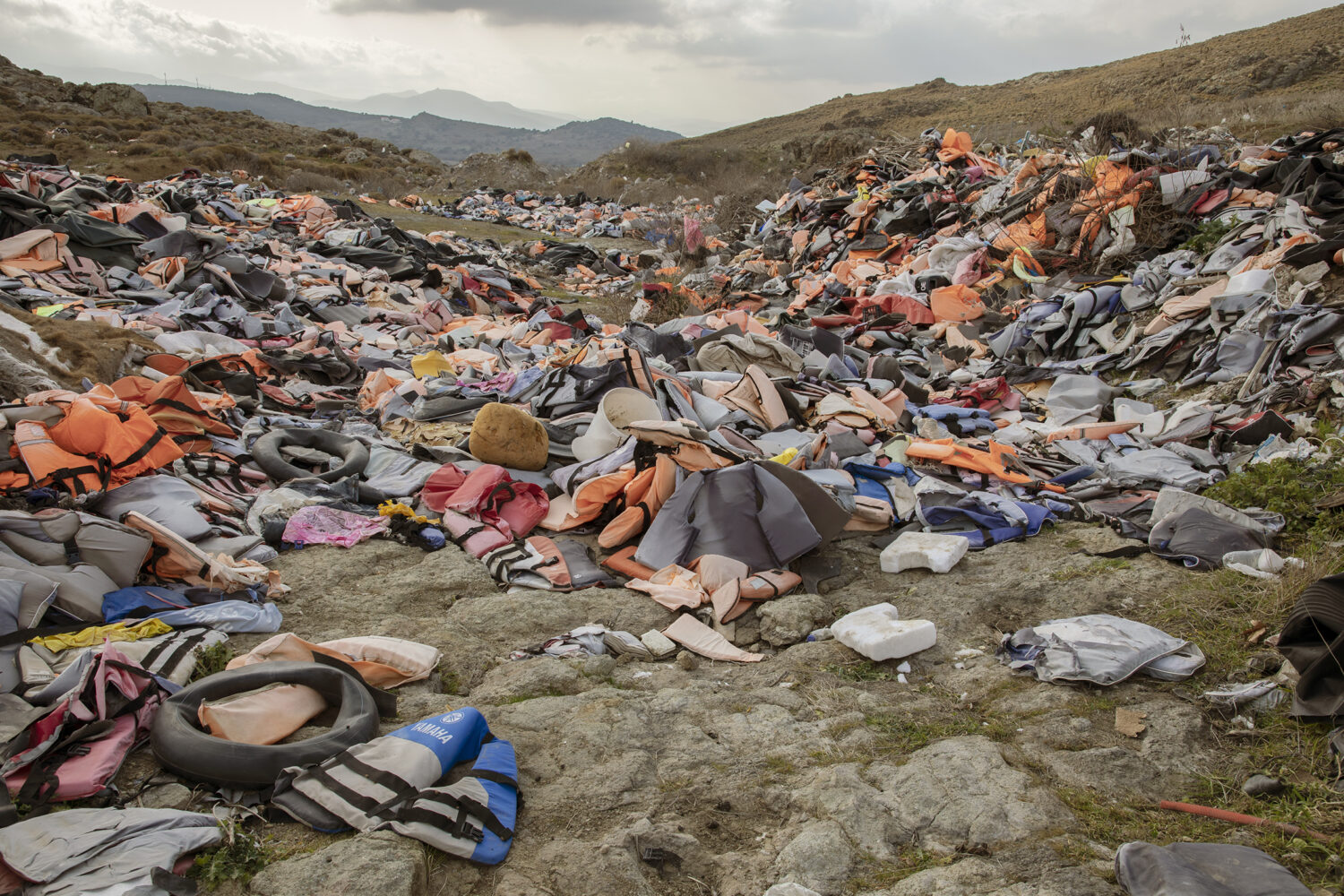
Publication
Published by GwinZegal and produced as part of the “Something is Happening” exhibition organized by the Jewish Museum of Belgium, “Something is Happening. Lesbos 2020” is on sale at our museum reception desk.
Coming off the press in May 2021, this book immerses us in Mathieu Pernot’s photographic work with migrants in the Moria camp. In this pictorial narrative, the winner of the 2019 Cartier-Bresson prize takes us, chapter by chapter, “On the path”, “Crossing the footbridge”, “Building a shelter”, “Making a fire”, “Waiting”. The book shifts gears, showing us “What happens” when everything is suddenly destroyed by an act of despair reminiscent of classical tragedy, and all that’s left is to “Save what can be saved” and “Start all over again”.
